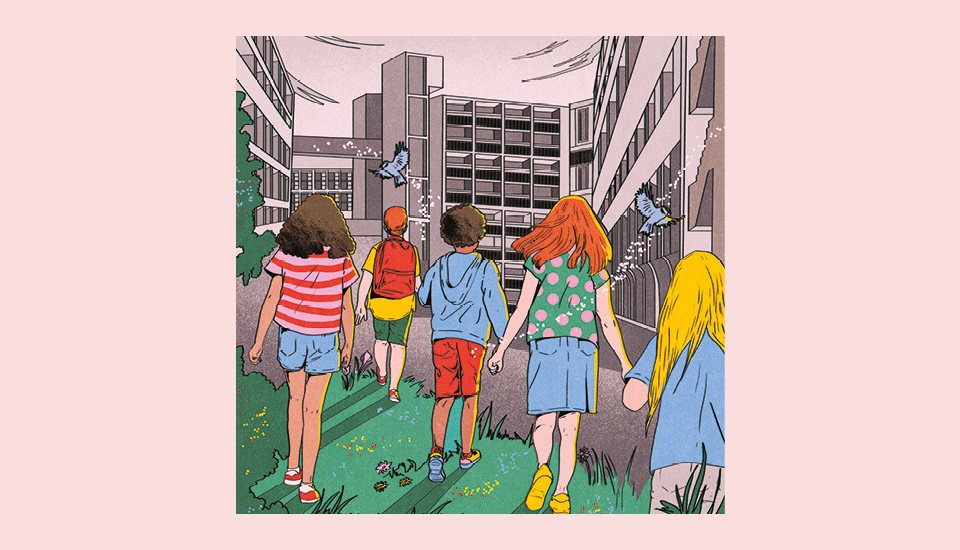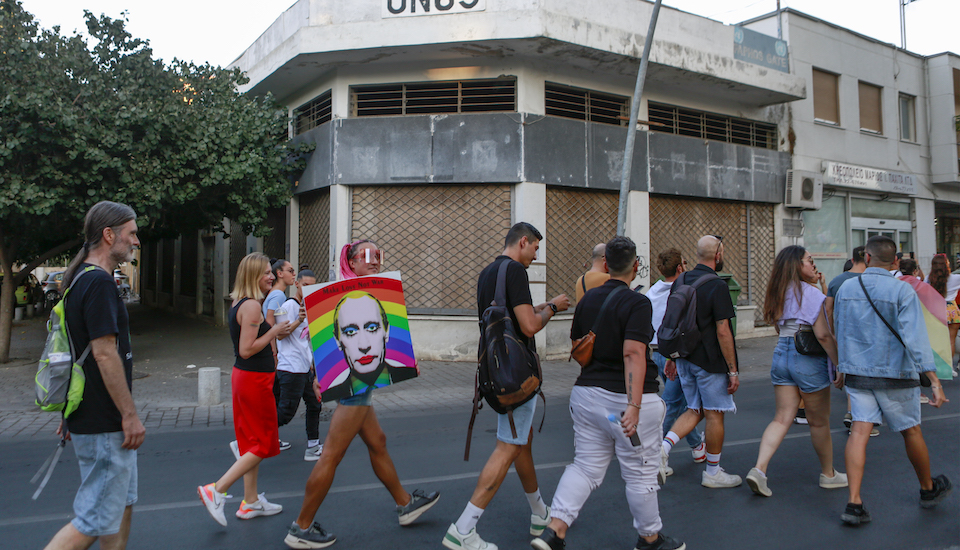Challenging embedded beliefs might just save the earth
As Gert Biesta, the Dutch philosopher of education, shared in 2021's World-Centred Education: "Education is a thoroughly practical art, and educational sciences are at their finest when they inform the artistry of others." How, then, do we ensure that our artistry as educators does not contribute to further destruction of the earth?
Several of earth's fundamental systems are at tipping points which will threaten the future of life on the planet. I see regenerative higher education as a fundamentally ecological, or living-system, approach to education that connects with people, places and the planet as a healing force. As the American biologist and author Janine Benyus said, "Life creates conditions conducive to life"; that is to say, living organisms are primed to adapt in ways that perpetuate their very survival. The question, then, is whether humans can similarly shape the conditions under which education creates conditions conducive to life? This requires challenging many beliefs held sacred within modern higher education, such as the predictability of learning outcomes.
Happily, instances of this evolution in education are already emerging around the world. At the Challenge Lab 'master thesis lab' at Chalmers University of Technology in Sweden, students generate a thesis based on local transition challenges that is co-designed with businesses, governments and residents. Similarly, the University of Amsterdam offers courses that embrace the uncertainty often found with transition challenges via a willingness to change the aims of the course depending on feedback from students, Amsterdammers, policymakers and entrepreneurs. In Colombia, a group called the Earth Regenerators is developing a new type of hybrid learning hub (to help regenerate a large ecozone) in which participation is open not just to students, but to the broader community. Ambitiously, the latest Blueprint on Educational Transformation published by global common good not-for-profit platform r3.0 brought together a group of trailblazers across all continents to further explore what such a regenerative vision means for the future of universities.
What these examples (and there are many more) share is a whole-human approach to learning that combines doing, feeling and knowing. They also share several key design principles. In each, the artistry is locally embedded, engaging with transition challenges that are urgent and relevant in a particular place and time, and with a particular group of people. Each cultivates a whole-human approach that includes dimensions of learning normally managed outside of education such as challenging values, beliefs and worldviews, allowing universities to act as bioregional facilitators of learning-based change if they are audacious enough to fully embrace this transformed role in society.
We are living in times which require large-scale transformation of the human presence on earth and bold visions for the future. So here is mine: what if all universities around the world could be bastions of healing, through their education, to play a part in realising regenerative futures? While we may not be able to embrace all these principles, all at once, there are multiple paths emerging that can guide us towards making our artistry kinder, more meaningful and a force for regeneration.
Bas van den Berg is acting coordinator at the Centre of Expertise Mission Zero at The Hague University of Applied Sciences and host of The Regenerative Education Podcast.
This article first appeared in the RSA Journal Issue 1 2022.
Related articles
-
Young at heart
Journal
Jonathan Prosser
Becoming a nation with children at its centre in 10 courageous steps.
-
Open RSA knowledge standards
Blog
Alessandra Tombazzi Tom Kenyon
After investigating ‘knowledge commons’, we're introducing our open RSA standards and what they mean for our practice, products and processes.
-
Worlds apart
Comment
Frank Gaffikin
We are at an inflexion point as a species with an increasing need for collaborative responses to the global crises we face.




Be the first to write a comment
Comments
Please login to post a comment or reply
Don't have an account? Click here to register.